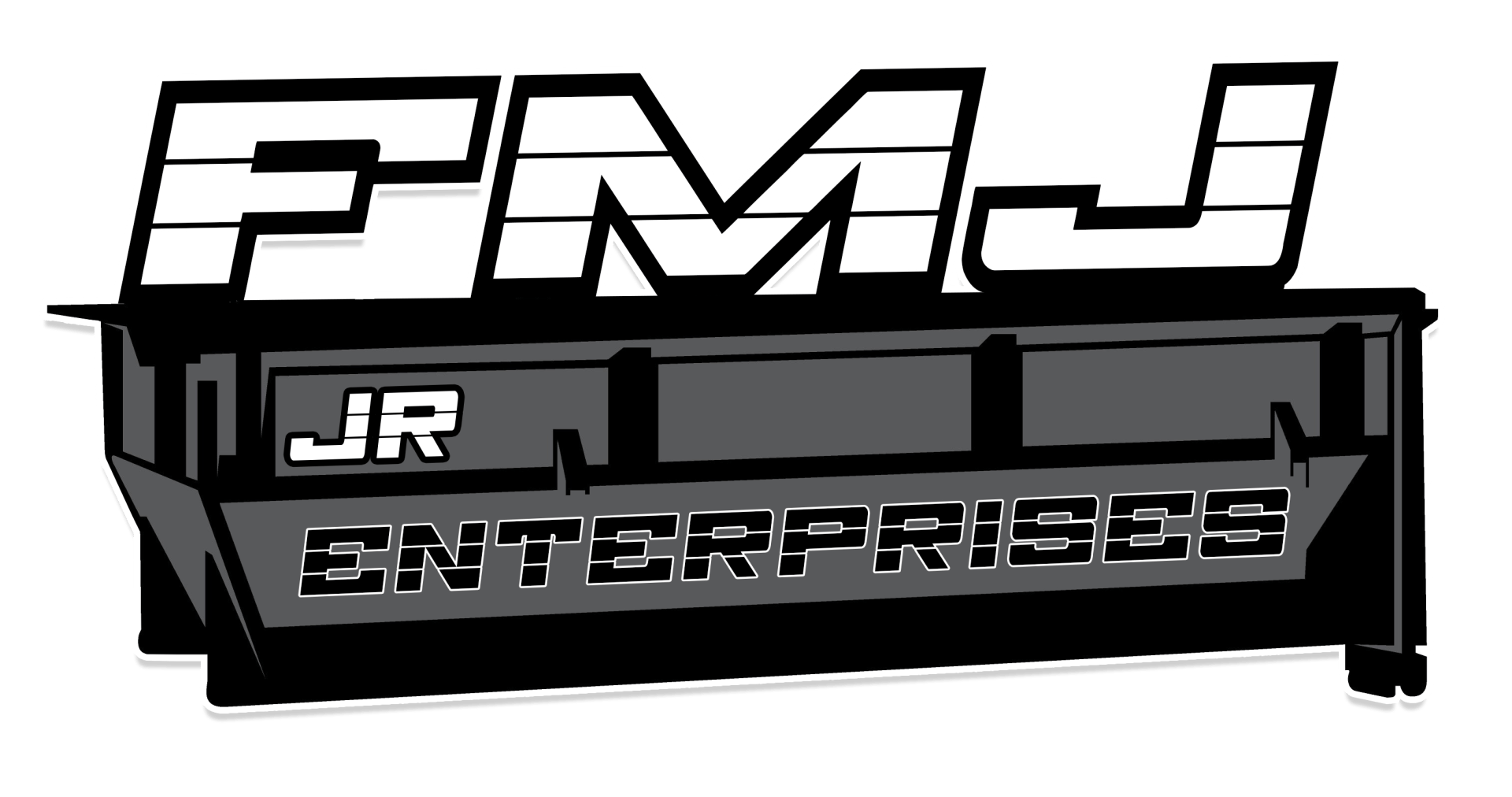
Junk Removal for Landlords – Everything You Need to Know
When tenants leave a mess behind, landlords are left picking up the pieces—sometimes literally. Junk removal is a key task in property management, often riddled with challenges. Whether it’s abandoned furniture or a garage packed with unwanted items, this process can feel overwhelming.
In this article, we’ll break down why junk removal matters for landlords, share practical tips for managing it efficiently, and outline the steps to partner with the right junk removal services. By the end, you'll have a clear plan for tackling even the messiest move-outs.
Why Junk Removal is Important for Landlords
Dealing with junk removal swiftly benefits landlords in several ways:
- Maintaining Rental Value: A clutter-free property shows better to potential tenants, preserving or even increasing its rental value.
- Avoiding Fines: Local ordinances may penalize properties for excessive junk or improper disposal methods.
- Faster Turnarounds: Clean units mean quicker tenant turnovers, reducing costly vacancies.
Pro Tip: Always inspect properties immediately after tenant move-outs to assess cleanup needs before scheduling showings.
Common Junk Removal Challenges Landlords Face
Landlords encounter unique obstacles during junk removal. Here are the most common and how to address them:
- Abandoned Large Items: Tenants often leave behind sofas, mattresses, or broken appliances.
- Solution: Partner with a junk removal company specializing in heavy-lifting and eco-friendly disposal.
- Hazardous Waste: Cleaning up chemicals, old paint, or electronics requires care.
- Solution: Look for certified hazardous waste handlers to comply with local regulations.
- Time Crunches: Preparing a property for the next tenant often comes with tight deadlines.
- Solution: Pre-schedule junk removal services to ensure minimal downtime between tenants.
Step-by-Step Guide to Junk Removal for Landlords
Here’s a streamlined approach to tackling junk removal:
- Assess the Mess
- Conduct a property walkthrough and document all items left behind.
- Categorize items into junk, donations, and recyclables.
- Understand Local Laws
- Check ordinances regarding dumping or recycling.
- Avoid fines by ensuring proper disposal methods.
- Hire Professionals
- Research junk removal companies with experience handling landlord needs.
- Ask for same-day or next-day service to meet deadlines.
- Prepare the Property
- Clear pathways for junk removal teams to minimize delays.
- If possible, separate items by category (e.g., recyclables, e-waste).
- Post-Removal Inspection
- Verify the property is clear of all junk.
- Address minor repairs or cleaning tasks before showing the unit.
Time-Saving Tip: Many junk removal services offer full-service options, handling everything from sorting to cleanup.
Cost of Junk Removal for Landlords
| Type of Service | Estimated Cost |
|---|---|
| Curbside Pickup | $50 - $200 |
| Full-Service Junk Removal | $150 - $500+ |
| Dumpster Rental | $300 - $600 |
DIY vs. Professional Junk Removal: Which is Better?
DIY Pros:
- Cost-saving if you have minimal junk.
- Full control over what gets discarded or donated.
DIY Cons:
- Time-consuming.
- Requires access to trucks or dumpsters.
Professional Pros:
- Fast, efficient service.
- Proper handling of heavy or hazardous items.
Professional Cons:
- Higher upfront cost.
- For landlords managing multiple properties or large-scale cleanouts, professional services are often the better choice.
FAQs About Junk Removal for Landlords
Q: How soon should I schedule junk removal after a tenant leaves?
A: Schedule the service immediately after assessing the property to avoid delays.
Q: Can I charge tenants for junk removal?
A: Check your lease agreement. Many leases include clauses allowing landlords to deduct removal costs from the tenant’s security deposit.
Q: Are there eco-friendly junk removal options?
A: Yes! Look for companies offering recycling and donation services to minimize environmental impact.
